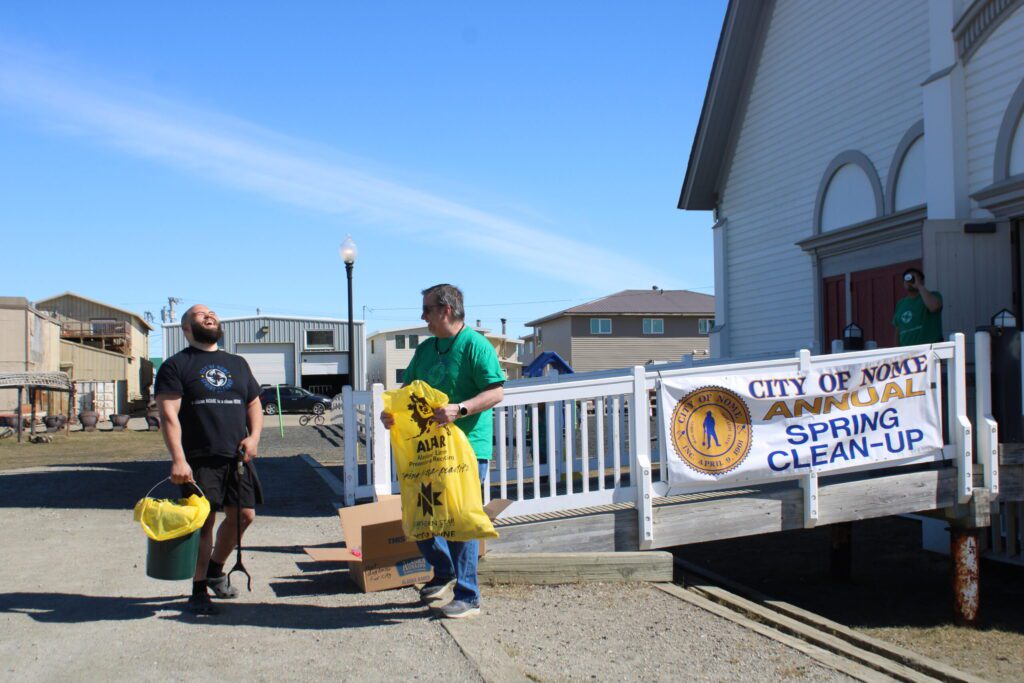For three hours yesterday, the Nome Common Council waded through budget requests from three different public groups—the school, the city, and the utility board. By the end, nobody was happy, and three extra work sessions were scheduled to hammer out details. With shrinking state and federal dollars, everybody is asking for more money to just to keep up.
Members of the school board and district office were repeatedly interrupted as they attempted to explain to council members the complicated budget situation facing Nome Public Schools.
The District is asking the city to raise it’s school funding by about $400,000 above last year’s allotment. Superintendent Steve Gast and Business Manager Paula Coffman attempted to explain the wide range of issues why the district is asking for more money. One example, Gast says, is bandwidth. The megabyte rate to run basic online tools is 10-times below what is available on the road system.
“To give you an idea of how out of sorts it is compared to other areas: rural Alaska, most of our school districts are between three and 10,” Gast said, referring to the megabytes available at any given point in time. “Down in the large school districts and some of the other schools, they’re at 125.”
Coffman struggled at length to get across the point that matching last year’s city funding means an overall loss for the schools.
“If you fund us the same dollar amount as the year before, when all is said and done, we’re going to be $169,000 to the bed over the prior year. If everything was the same we end up with less money because the state cuts us by this hand, not this hand,” Coffman explained, indicating different columns on one of many spreadsheets brought to the meeting.
Two council members were interruptive and combative, sometimes on budgetary points they admitted to not fully understanding. It was a tone that diminished without disappearing for the remaining two hours of difficult conversations about city funds.
Councilman Matt Culley summed up the essence of how the city is facing an $806,000 deficit just keeping up public services like road repairs, police, and administration.
“We’re spending too much money is what it comes down to. But our budget is about the same,” Culley said, frustrated. “Just, our income–our fund revenue is not.”
The council approved rate and fee increases that Nome Joint Utility has said they need to be solvent. For nearly two decades federal and state funds, coupled with high revenues from electricity sales subsidized sewer and water rates for NJUS customers. But as utility manager John Handelan explained, that’s changed with more efficient appliances and big users like the Rock Creek Mine going offline.
The council also passed a long-discussed and contentious measure to change how the Rec Center grants fee waivers for special events.
“The city right now,” Culley summed up, “we’re in a deficit. We’re giving it away. The City of Nome, we’re hurting. We can’t afford to be giving away money like this.”
Councilman Culley has long pushed to shift fee waiving off the council’s agenda because in practice it means the city is continually donating the revenues they budget to collect. Which is generous, Culley insists, but hard to keep up at a time when the city is scrambling to pay for basic







